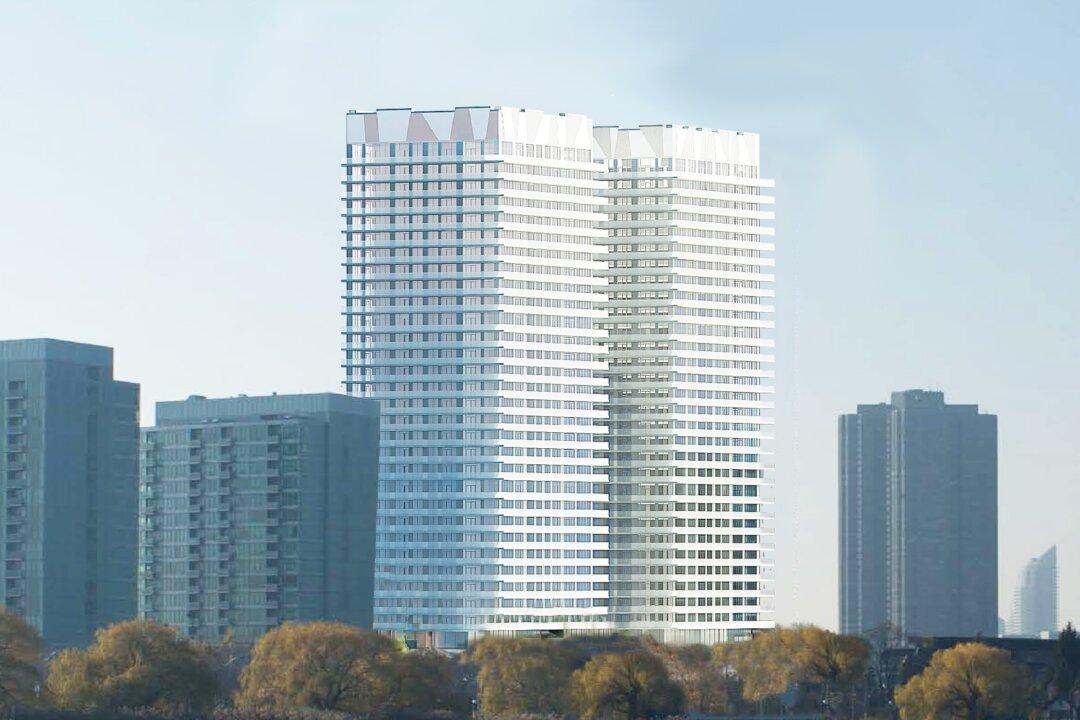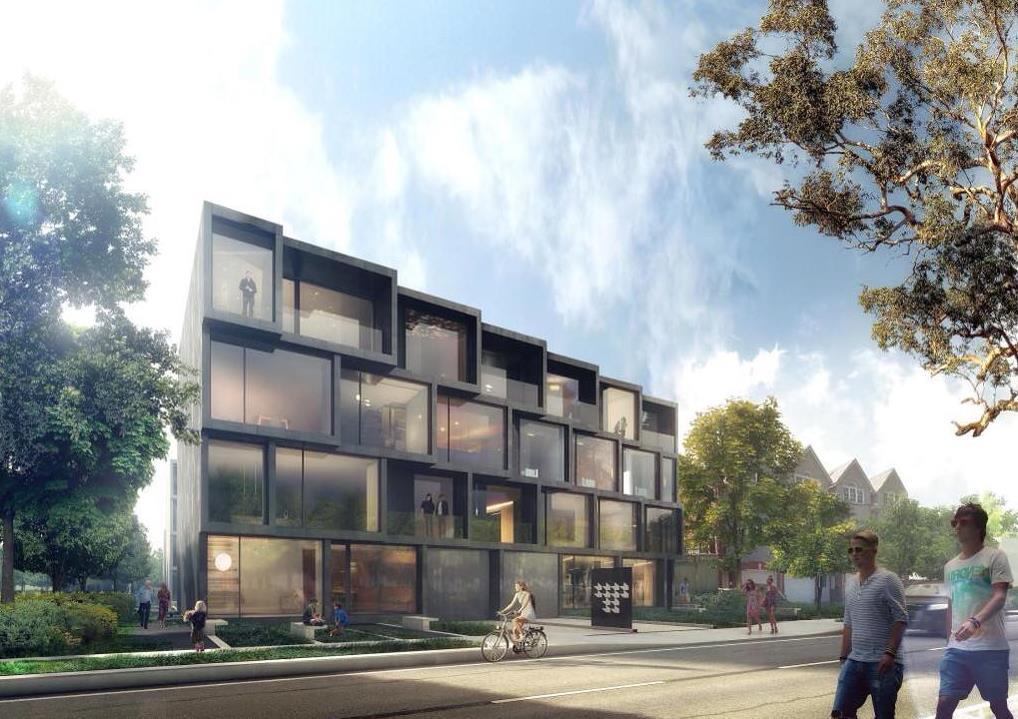Carttera Private Equities Inc. was founded in 2005 by Jim Tadeson. Carttera’s long-term, collaborative relationships have resulted in multi award-winning development projects extending to over $1.4 billion in total value. The company provides equity partnerships with strategic developers in Toronto, Montreal, and Ottawa.
While their core business includes commercial, industrial, and residential developments, Epoch Times talked with Tadeson about Carttera’s residential condominium developments in Toronto.
Tadeson embodies the image of a calm, sensible, and intelligent professional who has created an extraordinarily successful business by investing a third of his company’s funds in residential condominium projects that Carttera carefully and prudently selects.
Typically, Carttera provides this development financing for hand-selected residential projects that meet a fairly strict criteria that includes such factors as the size of the project (Carttera prefers smaller projects with 200 to 300 units, located in transit-rich, amenity-rich areas), the integrity of the developer, and municipal approval of the project.
“We are not passive investors—we’re active, interested in the design, the unit mix, the marketing,” explains Tadeson. “We have a minimum of 50 percent equity in our projects and we add a lot of value to the development team, often bringing professionals from various fields together. Lenders like to work with us. We have a solid reputation in the industry.”
Sometimes developers seek funding from Carttera and sometimes Carttera seeks partnerships with developers. Tadeson equates the relationship his company develops with various developers with a marriage.
“We generally proceed cautiously,” he notes.
“We like to complete a project with a developer before we enter into another project with them. We are interested in how people deal with friction. While there are as many management styles as there are developers, and many different ways to achieve success, we like to work with people who we can collaborate with, with people who we can solve problems with. It is not unlike a marriage.”
“We want to make sure that we can get along well before we bring kids into the world—kids being our projects,” he adds, laughing.
To this end, Carttera presently has several successful residential condominium projects on the go in the GTA. Most of the projects are between 80-90 percent sold.
One such project is 111 Bathurst Street with partner Harhay Developments. Carttera has worked on two different projects with Harhay.
“Our first project with Harhay was 90 Broadview, a mixed-use development that presented a big challenge. We went through the real estate crisis of 2007 with them and didn’t sell anything for 18 months,” Tadeson says.
However, Harhay’s grace under pressure secured them a loyal partner in Carttera.
“When the market came back, the project sold out and we did very well with it,” Tadeson explains. The two companies are looking at a third project together at 75 Esplanade, to be released this coming fall.
Carttera has partnered with Freed Developments on their project at 60 Colborne (King and Church). The project has sold very well and is now under construction. The relationship with Freed has been excellent and once this project is under their belt, Carttera looks forward to potentially doing more projects with Freed.
At Cloud9 Condominiums in Rexdale, Carttera relaxed some of their usual requirements in creating a partnership with Lash Developments. While Cloud9 presents an unlikely location—not near the subway, off the beaten path on Kipling Avenue south of Albion—the project is 92 percent sold. What Tadeson liked about Cloud Nine is that it targeted entry level buyers at an affordable $400 sq. ft., what he calls “cheap and cheerful.”
The project was marketed to people who were sick of the long commute from Brampton, Meadowvale, Pickering, but who couldn’t afford the $700+ per sq. ft. price tag of living in the downtown core. Cloud9 lessened their commute time and offered very attractive amenities at prices they could afford.
Another project that is launching this fall is Sonic Condos, located at Don Mills and Eglinton. While this two-phase project is larger than Carttera prefers (630 units), Tadeson really liked the location and the opportunity to work with Lindvest Developments, which is related to the highly successful H&R Developments group.
Coming down the pipe is a two-tower condominium on Lakeshore featuring 650 units, for which Carttera is currently seeking a development partner.
“This is a really nice design,” says Tadeson. “The city has allowed us to put parking above grade so the units themselves are above the Gardiner, offering extraordinary lake as well as High Park views.”
As for the future of real estate in Toronto, Tedeson believes that the industry has matured a lot over the years. With so much information available about sales, the industry is transparent, which he believes is a good thing for consumers. What he takes issue with is the media’s portrayal of the industry in general; often painting development with a very negative brush, calling for doomsday and bursting bubbles which has no basis in fact. He believes that this sensationalism is motivated by the media’s desire to sell papers and not the real situation.
Tadeson cited an article recently that talked about faltering sales in Montreal. “The reason sales are slow in Montreal is because there is little to sell there. The large projects are under construction and are basically sold out, and very few new projects have been undertaken,” he says.
“We believe that the market is excellent in Toronto. We wouldn’t invest in it if it weren’t.”
Tadeson thinks the industry will continue to be strong into the future. “The combination of the Green Belt Act, Places to Grow legislation, much stricter municipal requirements, a steady rental market, steady immigration, strict bank requirements, flat pricing, and flat costs all contribute to a healthy future”, he says.
In other words, if a project can jump through all of the hoops presented to it, it has a pretty good chance of being successful.
“We find the market is still very strong,” says Tadeson. “We can choose not to have a third of our money tied up in condo development if we felt it wasn’t solid. But we don’t. We believe it’s still a solid market,” he concluded.
Judy Hazan is an experienced writer for the real estate industry based in Toronto.




